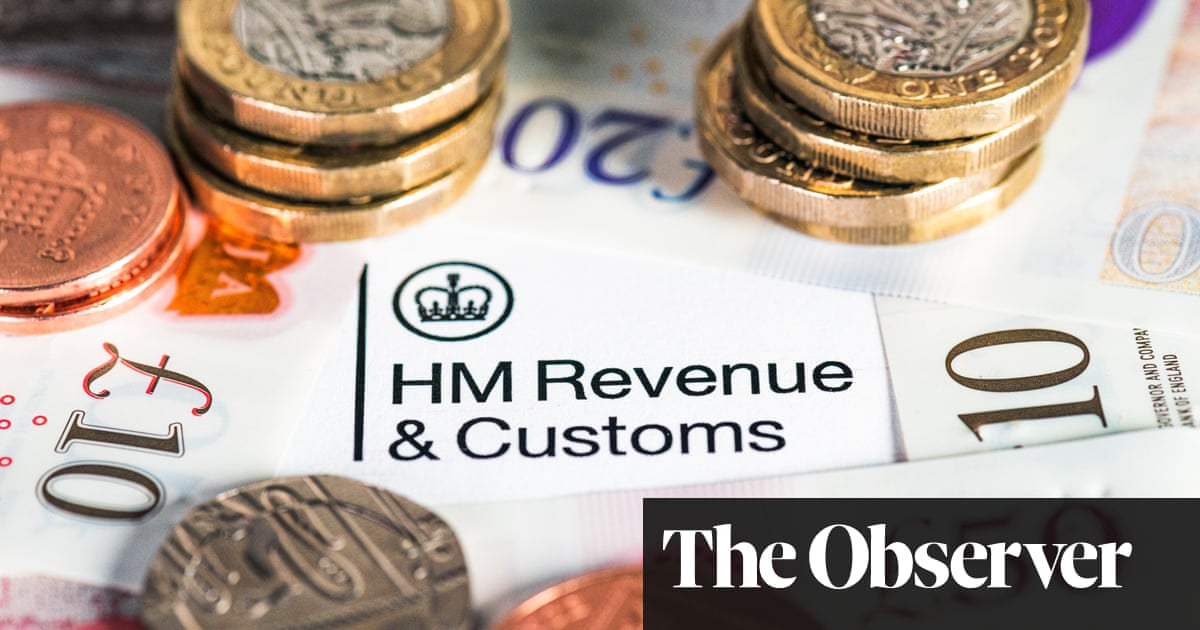This is the best summary I could come up with:
Critics say the data, released under freedom of information laws to the Bureau of Investigative Journalism and TaxWatch, suggests that HMRC is undermining its own deterrents against corporate tax evasion by failing to use its criminal enforcement powers.
One part of the new law, known as the Corporate Criminal Offences clause, drastically lowered the bar for prosecuting businesses that enabled tax evasion.
It introduced “strict liability”, meaning that a company cannot plead ignorance of the wrongdoing to evade a criminal charge, and prosecutors do not have to prove intent in order to secure a conviction.
A spokesperson for HMRC said: “Corporate criminal offences were introduced to encourage organisations to put preventative measures in place to stop tax evasion.
Our efforts have helped drive a corporate culture shift towards anti-tax evasion awareness, which has led to new procedures across business sectors.”
“The government urgently needs to get to the bottom of whether this lack of prosecutions is related to failures of political will or resourcing issues at HMRC, or deeper problems with the wording of the offence.”
The original article contains 788 words, the summary contains 176 words. Saved 78%. I’m a bot and I’m open source!



